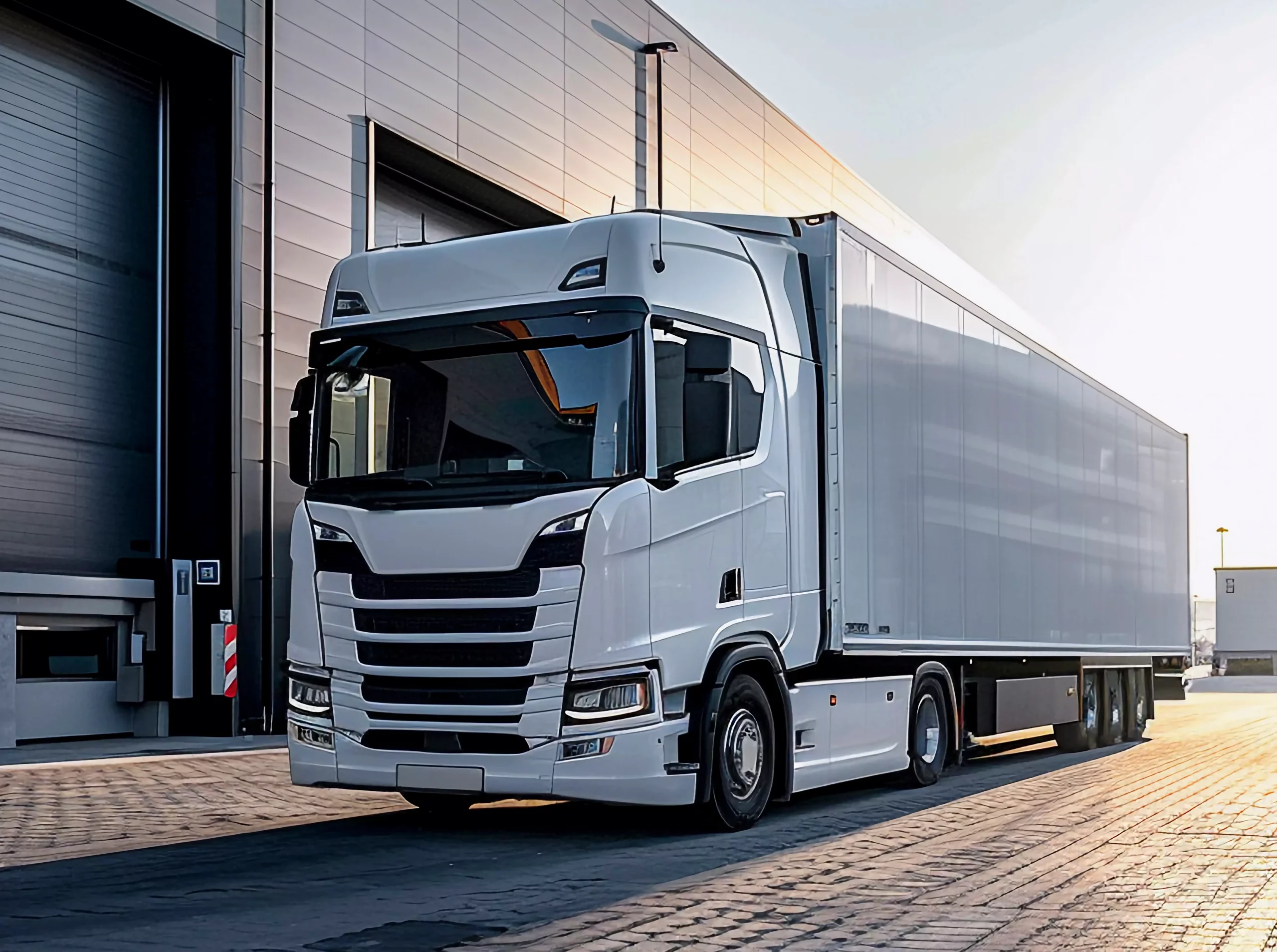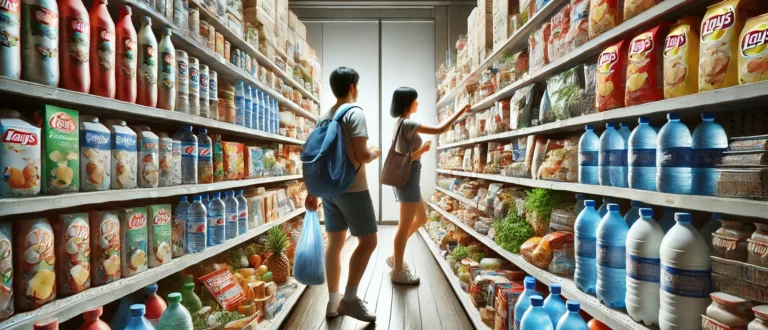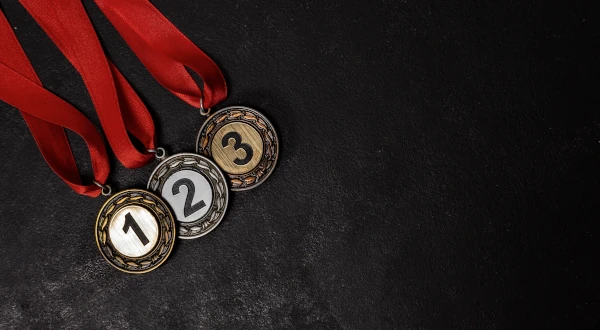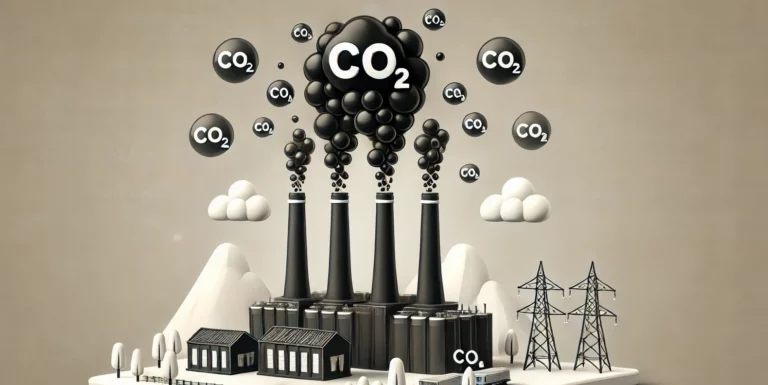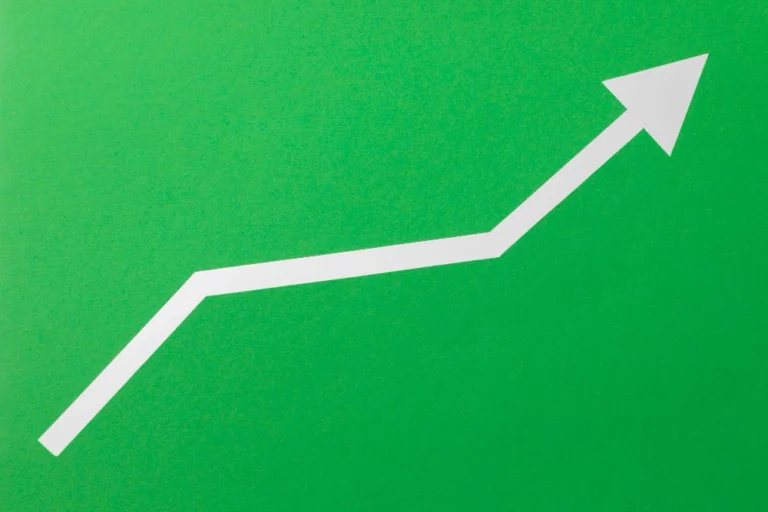SENT - key information
The transport of sensitive goods, and from February 2022 also of waste, requires notification on the SENT platform. This is a key tool in monitoring goods whose transport is high risk. What should be borne in mind before preparing the declaration? And what are the penalties for failure to do so? We invite you to read the article.
Which goods are subject to the SENT system?
The SENT system includes goods deemed to be sensitive (due to their potential to be subject to tax fraud), as well as excise goods. These mainly include fuels, alcohol, tobacco products, oils, chemicals. From 22 February 2022, the notification obligation also applies to the carriage of waste in import and transit. With the start of the year (from 12 January), exports of Group 8 waste abroad must also be reported.
Contact for registration on the SENT platform
e.nadolna@ekologistyka24.pl , +48 881 045 376
j.blazewicz@ekologistyka24.pl , +48 500 867 153
List of main goods covered by SENT
- Fuels: Diesel, petrol, liquefied petroleum gas (LPG), fuel oils and lubricants.
- Alcoholic products: Ethanol, spirits, vodkas, wines, other alcoholic beverages above 1.2% alcohol content.
- Tobacco products: Cigarettes, smoking tobacco, cigars, e-liquids containing nicotine.
- Chemicals: Selected chemicals, including some acids and chemicals used in industry.
- Waste: Certain categories of waste, particularly hazardous waste.
These categories cover a wide range of products. It is therefore important that any company transporting such goods is aware of its obligation to declare them in the SENT system.
From what quantity is SENT required?
According to Laws of 9 March 2017, the registration of transports is required when the quantities of goods concerned exceed certain limits. These limits vary according to the type of goods and relate to both bulk quantity and value.
The obligation to declare in SENT is applicable to the transport of the following goods with a CN code according to EU Commission Implementing Regulation No 2019/1776 of 9 October 2019. we are talking about carriage:
- 2207 - denatured and/or undenatured ethyl alcohols not marked with excise duty,
- 2707 - oils and other products of the distillation of high temperature coal tar
- 2710 - petroleum oils
- 2905 - aliphatic alcohols
- 2917 - polycarboxylic acids
- 3403 - lubricating preparations and preparations of a kind used for the oiling of textiles
- 3811 - anti-knock agents, anti-corrosive preparations
- 3814 - solvents containing ethyl alcohol,
- 3820 - anti-icing fluids containing ethyl alcohol,
- 3824 - binders for foundry moulds or cores
- 3826 - biodiesel and mixtures thereof
The condition is that the gross weight of the goods in question exceeds 500 kg or their volume exceeds 500 litres.
What else needs to be notified in SENT? With help comes the aforementioned 2017 law, which clarifies that notification will also include:
- the supply of heating fuels irrespective of their weight
- the delivery of denatured ethyl alcohol, in so far as it is denatured by the measures provided for in Commission Regulation (EC) No 3199/93; the consignments in question are those of a volume exceeding 500 litres
- the supply of dried tobacco, irrespective of its quantity
- supply of medical devices
- the supply of goods which are reasonably likely to contravene value added tax or excise duty legislation
What waste must be reported in the SENT system?
By decision of the Minister of Finance of 25 April 2022 year, every shipment of waste has been subject to specific controls in the SENT system. Both for import and transit. However, this obligation does not apply to so-called Green List waste, which does not exceed 20 kg in weight, or mixtures of waste not classified under any code. For hazardous waste, the notification covers any quantity.
A year later, when On 9 October, the Ministry of Finance introduced changes In the April 2022 regulation, the obligation to notify SENT was also extended to Group 8 waste for export. The exact wording states:
§ 1. The monitoring system for road and rail transport of goods and trade in heating fuels shall cover:
(...)
- goods (...) which are at the same time waste within the meaning of the Act of 14 December 2012 on waste (Journal of Laws of 2023, item 1587, 1597, 1688, 1852 and 2029):
(...)
(b) for which the gross weight of the consignment is equal to or exceeds 1,000 kg or its volume is equal to or exceeds 1,000 litres, listed in the Annex to the Regulation of the Minister of Climate of 2 January 2020 on the catalogue of waste (Journal of Laws, item 10) with code:
- 08 01 11* - waste paint and varnish containing organic solvents or other dangerous substances,
- 08 01 13* - Sludges from paint or varnish removal containing organic solvents or other dangerous substances,
- 08 01 15* - aqueous sludges containing paint or varnish containing organic or other solvents
hazardous substances,
- 08 01 17* - wastes from paint or varnish removal containing organic solvents or other dangerous substances,
- 08 01 19* - aqueous suspensions of paints or varnishes containing organic solvents or other dangerous substances,
- 08 01 21* - Paint or varnish remover,
- 08 03 12* - waste ink containing dangerous substances,
- 08 03 14* - ink sludges containing dangerous substances,
- 08 04 09* - waste adhesives and sealants containing organic solvents or other dangerous substances,
- 08 04 13* - aqueous sludges from adhesives or sealants containing organic or other solvents
hazardous substances,
- 08 04 15* - waste liquid adhesives or sealants containing organic solvents or other dangerous substances;
How to check whether goods are subject to SENT?
To check whether the goods being transported require SENT declarations, several verification methods should be used.
- List of goods covered by the scheme: The easiest way to do this is to consult the official list of goods covered by SENT, available on government websites.
- CN codes: Products subject to SENT are classified according to CN codes (Combined Nomenclature), which can be found in the tax documentation.
- Consultation with authorities: If in doubt, supervisory authorities, such as the National Tax Administration, can be contacted for confirmation.
The Ministry of Finance also provides online tools and hotlines to help entrepreneurs verify whether their goods fall under the SENT system.
What penalties apply for failure to register with SENT?
Failure to comply with the obligations associated with the SENT system can result in serious financial and legal consequences. The law mentioned at the beginning, establishing the Electronic Transport Supervision System, lists the following violations and the associated penalties:
Article 22, para. 1 . reads that:
- in case of failure to notify the carrier
- if it transpires that the actual state of the goods differs from that contained in the documents
- when the carrier fails to attend a mandatory inspection
is imposed on him a fine of PLN 20,000.
The same article also refers to a fine of PLN 10,000 if the carrier does not have a functioning geolocation device in the car, as a result of which it will not be able to fulfil its obligation to provide real-time information on the location of the car.
More, as many as PLN 100,000 will cost him by not having a working GPS device delivers the heating fuel to a different address from the address shown in the documents, unless the person who purchased or owns the fuel is identified. The same penalty will be given to the transporter if, pursuant to Article 22a, he fails to deliver the goods to a consignee in the country.
PLN 10,000 will be paid by a carrier who, knowing that the data in the application is incorrect - nevertheless decides to carry out the transport.
When, on the other hand, an audit reveals that transport has taken place:
- without SENT notification
- without a document replacing the notification
- when the GPS device is switched off or
- with a faulty GPS device
Article 32 of the Act provides a fine from PLN 5,000 to PLN 7,500 for the carrier.
Who oversees the SENT system?
The following authorities supervise the SENT system in Poland:
- National Tax Administration (KAS): It is responsible for monitoring the carriage of goods and controlling compliance with SENT regulations.
- Road Transport Inspectorate (ITD): Conducts roadside checks on the carriage of goods covered by the SENT system.
Where can checks take place? Along the route of transport, at the point of loading and also at points of destination. If infringements are found, the authorities may impose penalties and seize the goods and/or the means of transport used to deliver them. Depending on the type of goods or the circumstances of their seizure, different rules may apply.
Importantly, Article 17. paragraph 1. of the law cited in this article states that fees shall be charged for the removal, guarding and storage of the means of transport or goods in a designated place, for which the carrier and the entity obliged to file the declaration shall be jointly and severally liable. And what are these fees? They shall be decided by the director of the tax administration chamber competent for the designated place to which the means of transport and the goods have been directed or removed.
Who is exempt from SENT?
The obligation to register on the PUESC platform, which manages the SENT system, does not apply to the transport of materials deemed sensitive, but only if their weight or quantity does not exceed the permitted limits.
The Minister of Finance may also, by regulation, set rules for the exemption of transport from the notification requirement, as indicated in Article 7b, paragraph 2 of the Act of 9 March 2017.
Changes from November
Exactly one month ago, on 20 August, The government, however, adopted the proposed changes concerning the introduction of an obligation for companies based outside the EU to register with SENT. As the Ministry of Infrastructure reported at the time:
The obligation to register with SENT will apply from 1 November 2024 to hauliers who are not established in an EU member state, the Swiss Confederation or an EFTA member state, and from 1 January 2025, hauliers from other EU member states, the Swiss Confederation or EFTA member states. These are companies that perform road transport in Poland to or from a non-EU country on the basis of a permit required by the provisions of an international agreement binding Poland and that country.
***
In summary, compliance with the rules on the registration of the carriage of sensitive goods in the SENT system is not only a legal obligation, but also a key element in avoiding serious financial sanctions.
The registration of goods in SENT ensures security, transparency and compliance with current legislation. It avoids the problems described in the article, such as high fines, seizure of goods or additional fiscal penalties. It is therefore worth ensuring the correctness of declarations to protect your business from costly consequences.
Remember that registering with SENT is an effective way to avoid the unpleasantness of infringement. It also ensures compliance with the requirements of the National Tax Administration and other control authorities. If you have questions about obtaining a SENT registration or would like to discuss notifications, contact us. Our experience of over 10 years guarantees an expert service and fast turnaround times.

